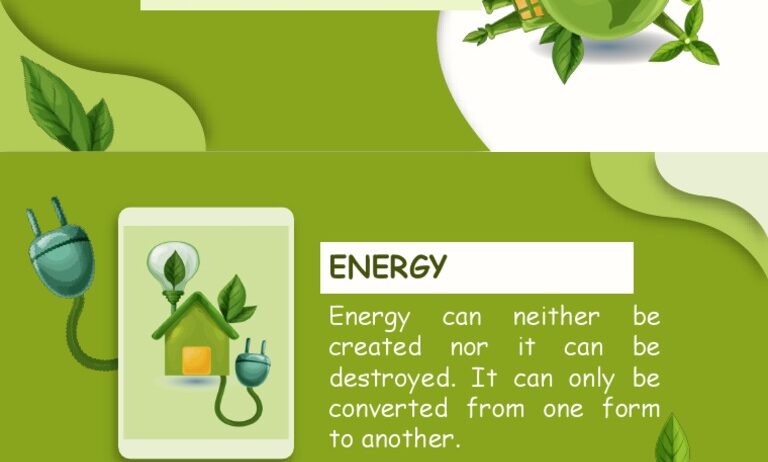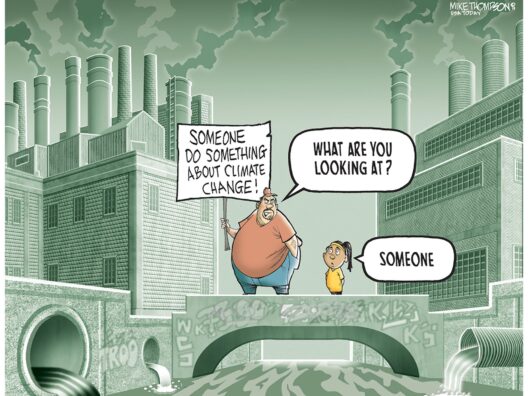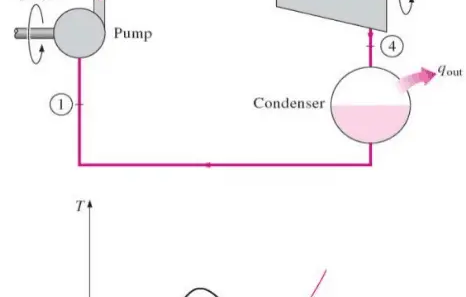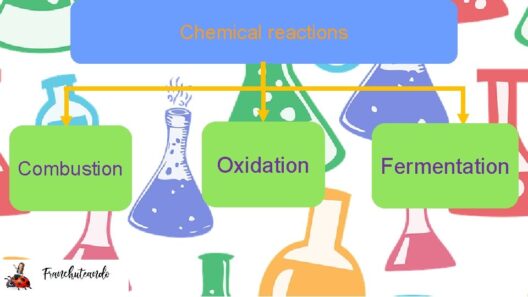The interrelationship between energy consumption and conservation stands as a linchpin in our pursuit of sustainability. Understanding this connection is not merely an academic exercise; rather, it carries profound implications for how we approach climate change and resource management. At first glance, energy consumption and conservation may appear to be opposing forces, one engendering excess and the other advocating restraint. However, a deeper exploration reveals a symbiotic relationship that has the potential to reshape our environmental future.
Energy consumption refers to the amount of energy utilized by various sectors, including residential, industrial, and transportation. This consumption is influenced by myriad factors, from technological advancements to socio-economic dynamics. On the other hand, energy conservation encompasses practices aimed at curtailing energy use, thereby alleviating stress on finite resources as well as reducing overall emissions. The crux of their connection lies in the paradox that, while our society is often driven by the imperatives of consumption, conscious choices in conservation can remarkably alter the trajectory of energy demand.
A vital starting point in this discussion is the notion of efficiency. Energy efficiency essentially means using less energy to achieve the same output. By employing efficient appliances, enhancing insulation in buildings, and adopting electric vehicles, we diminish energy consumption significantly. This reduction in usage does not equate to a loss of productivity. Instead, it fosters a paradigm shift that envisions sustainable growth without compromising comfort or convenience. Inefficiencies in energy usage are significantly responsible for excess consumption, creating a double-edged sword where conservation measures actively drive down demand while simultaneously promoting technological innovations.
Yet, the intricacies of energy consumption extend beyond the household or localized scales. Industry plays a substantial role. In sectors such as manufacturing, construction, and agriculture, excessive energy use leads to increased carbon emissions. Herein lies an opportunity: industries that invest in energy conservation initiatives—such as prioritizing renewable energy sources, streamlining processes, or adopting sustainable materials—are not simply conserving energy; they are actively participating in the global fight against climate change. This transition is a crucial element in steering both consumption and conservation toward a future that is more environmentally responsible.
While it is imperative to encourage conservation efforts at an individual and corporate level, understanding the broader systemic challenges remains essential. Factors such as policy frameworks, economic incentives, and cultural attitudes play a monumental role in shaping consumption patterns. Governments can spearhead conservation through legislation aimed at emissions reductions, mandating efficiency standards, and promoting renewable energy adoption. Such frameworks not only discourage wasteful consumption but also incentivize innovative solutions in energy utilization and production. When policies align with conservation goals, they fortify the nexus between consumption and conservation.
Public perception also significantly influences the relationship between consumption and conservation. Awareness and education can galvanize the public to recognize the implications of their energy choices. Energy audits, educational campaigns, and community engagement initiatives become potent tools for propelling a conservation mindset. By fostering a culture of accountability surrounding energy use, individuals become more mindful consumers—strategically altering their consumption habits to minimize waste. This collective awakening acts as a catalyst for changing the status quo, ultimately shaping a more sustainable future.
However, while promoting energy conservation is essential, it must be balanced with equity considerations. Access to energy resources often disparities along social and economic lines, and as we advocate for conservation, it is critical to ensure that vulnerability within communities is not exacerbated. Affordability and accessibility to renewable energy sources must remain at the forefront of conservation dialogues. The charge to conserve energy must not only focus on reducing consumption but also address who bears the burden of energy inefficiency and who benefits from sustainable practices.
The economic argument for reducing energy consumption through conservation is equally compelling. Industries that prioritize energy-saving measures not only reduce operational costs but also position themselves as leaders in the green economy. The burgeoning market for renewable energy—solar, wind, and bioenergy—not only fulfills the imperative for conservation but also presents significant economic opportunities. As businesses increasingly incorporate environmentally responsible practices, they attract consumers who are willing to invest in sustainable products. The connection between conservation and consumption is, thus, accentuated by a burgeoning demand for more sustainable supply chains and production methods.
In parallel, we must recognize the challenges posed by the modern reliance on digital technology and smart devices. While these technologies offer unparalleled efficiency, they also contribute to increased energy consumption if not managed wisely. The challenge lies in harnessing these advancements to promote conservation rather than exacerbate consumption. Integrating smart technology can facilitate real-time monitoring of energy use, driving behavioral change and optimizing consumption patterns. Hence, it is vital that our technological advancements align with our conservation goals rather than detract from them.
It is evident that the pathway toward a sustainable future is paved with conscious choices surrounding both energy consumption and conservation. By embracing the interconnectedness of these two domains, we can foster a more holistic approach to energy management. Encouraging innovation, reshaping societal attitudes, and enhancing policy frameworks will equip us with the ability to tackle climate change rigorously.
As we move forward, it is crucial to cultivate a mindset attuned to the delicate balance between consumption and conservation. Making informed decisions today can yield a substantial impact tomorrow. The journey towards energy preservation is not solely about reduction; it is about redefining our relationship with energy itself. It is about a commitment to sustainable practices, both in consumption levels and in our ambition to conserve. The energy crisis, while daunting, is also a profound opportunity for us to redesign our ecological narrative and develop a sustainable trajectory for future generations.








